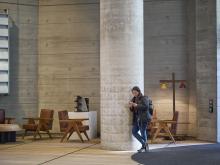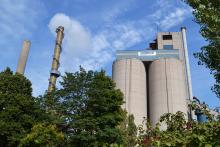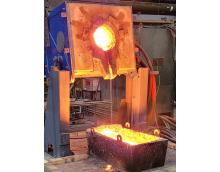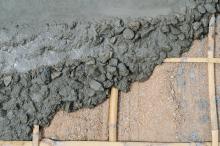Swedish cement company Cementa is collaborating with Linnaeus University (Linnéuniversitetet) in Småland in a research project to use algae to reduce the CO2 emissions from cement production.
This is one of several methods that Cementa is exploring to reduce its CO2 emissions and to reach is target of zero CO2 emissions by 2030. The research is based on injecting algae from the Baltic Sea in the waste heat from the cement furnaces, where they will absorb the carbon dioxide that is produced. The algae wil
September 10, 2013
Read time: 1 min
Swedish cement company 1591 Cementa is collaborating with Linnaeus University (Linnéuniversitetet) in Småland in a research project to use algae to reduce the CO2 emissions from cement production.
This is one of several methods that Cementa is exploring to reduce its CO2 emissions and to reach is target of zero CO2 emissions by 2030. The research is based on injecting algae from the Baltic Sea in the waste heat from the cement furnaces, where they will absorb the carbon dioxide that is produced. The algae will then be used in the production of bio fuel.









